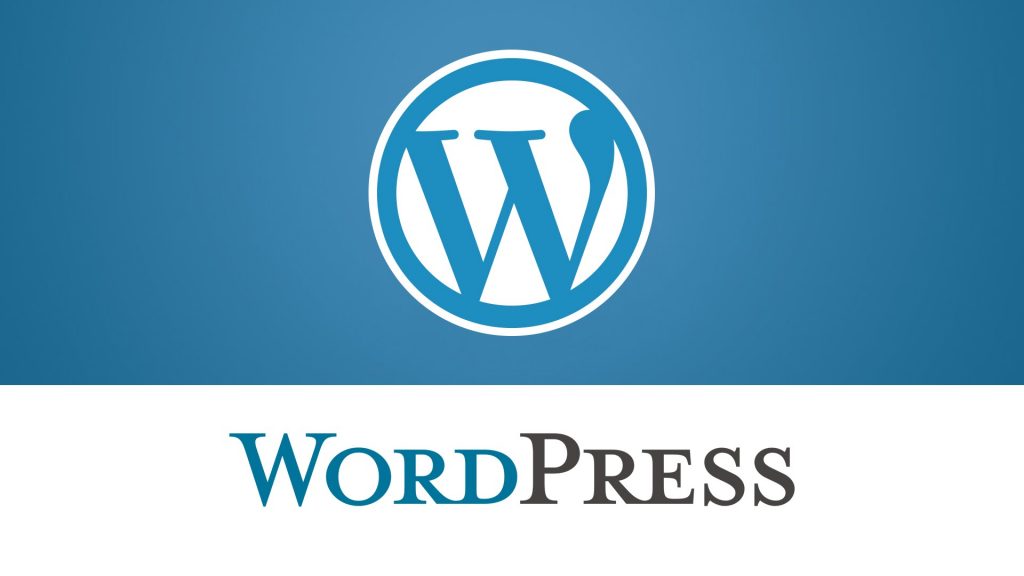PPC Or SEO – Which One Is Right For You?
We now live in a truly digital age, so if you’re not advertising your business’ products or services online these days, there’s a good chance you’re going to struggle.
With that said, there are multiple ways to market your business online, and not all of them will be the right fit. Therefore, you’ll need to come up with the right strategy, and deciding how to market your business will depend on multiple factors including the nature of your business, the size of your company and, ultimately, your budget.
Two of the most popular digital marketing strategies to choose from are search engine optimisation (SEO) and pay-per-click (PPC). Although they may share some similarities, each of these strategies employs very different methods to achieve its goal.
So, in a world where you could only choose one, which one is best suited to your business? Let’s take a close look at each to help you decide…
What Is SEO?
Let’s start with the most obvious question of all: what is SEO? In short, SEO is a marketing strategy that aims to optimise your website in order to improve its visibility on search engine result pages, which increases organic traffic to your website.
The main principle of SEO is targeting keywords to drive traffic towards your website. These are phrases strategically chosen to reflect the content of a webpage and match users’ search queries.
When creating an SEO-friendly website, you’ll usually structure your pages around the keywords or phrases your customers are searching for the most, maximising your chances of bringing in potential customers and ensuring your content answers as many queries as possible.
What Is PPC?
PPC is an online advertising model where businesses pay a fee each time someone clicks on their ad. By setting up a PPC campaign, essentially a business is buying traffic to its website, as opposed to bringing it in organically.
When you set up a PPC campaign, you’ll be bidding on keywords that are relevant to your target market. Once potential customers search for those keywords, the search engine will display ads. Depending on the amount you’ve bid, as well as your quality score, your ad may or may not appear.
Similarities
Within the realm of digital marketing, SEO and PPC share some similarities. For starters, both strategies aim to enhance a brand’s online visibility and drive targeted traffic to its website.
In both, keyword research is a common foundation, where identifying and targeting keywords that potential customers are targeting is pivotal.
Additionally, both SEO and PPC require compelling ad copy and meta descriptions to encourage people to click. Furthermore, regular performance analysis and optimisation are crucial aspects of both approaches, ensuring campaigns continue to be relevant and effective.
While SEO focuses on organic, unpaid results and PPC involves paid advertising, as you can see, there is a degree of similarity in how both achieve their goal.
Differences
So now we’ve looked at the similarities, now it’s time to look at the differences in SEO and PPC, of which there are many.
SEO revolves around organic, unpaid methods to optimise a website’s content, structure and technical elements, to appear more user-friendly to search engine algorithms. SEO also focuses on backlinks, which are links coming in from external websites that act as a verification that your website is trustworthy and your content is valuable.
This process demands time and patience but yields sustainable, long-term results.
On the other hand, PPC relies on paid advertising, where businesses bid for ad placements on search engine result pages. PPC delivers immediate visibility but requires a budget for every click your ads get.
Another distinction lies in the positioning. Whereas SEO strives for high organic rankings, PPC ads appear above or alongside organic results.
While SEO builds authority and credibility over time, PPC offers instant visibility with costs dictated by user engagement.
SEO Or PPC?
Before we look into the different factors that may make one strategy more appealing than the other, keep in mind that most businesses tend to use a combination of SEO and PPC to achieve best results,
However, in some cases, whether it’s due to your budget or the nature of your business, you may only be able to use one. So let’s delve into some factors that may make one more viable than the other.
How Long Can You Wait?
When choosing whether SEO or PPC is most suitable, one of the first considerations you need to make is how long you’re willing to wait to see results. As touched on already, SEO is a long game, whereas PPC is able to get instantaneous results – if implemented correctly.
If you’re a brand-new business just looking to gain a foothold, then PPC might be the better choice to begin with as this should help you bring some traffic to your site.
However, if you have the flexibility and patience to wait for a few months to see some results, then a solid SEO campaign may be preferable.
Ultimately, this comes down to how soon you need people to purchase your products or pay for your services. If the answer is right now then you should probably pay the extra it’ll cost to put in place a PPC campaign.
Budget
Speaking of costs, the amount you can afford to pay will also play a huge role in determining which type of marketing campaign you go for.
If you have a limited budget and can afford to wait for results, SEO may be a cost-effective option. While it requires some initial investments in content creation, website optimisation and link building, the long-term benefits include organic visibility and credibility, which should translate to more traffic and, ultimately, more sales.
On the other hand, if you need immediate results and have a flexible budget, PPC can provide instant visibility. However, keep in mind it often comes at a higher immediate cost, as you pay for each click on your ads. PPC campaigns are also advantageous for short-term campaigns, promotions or events where quick visibility is crucial.
Restrictions
Depending on the nature of your business, PPC may not be an option. That’s because the likes of Google and Amazon put restrictions on certain types of products and services, so if you’re involved in these then you’ll have no choice but to go down the SEO route.
The list of restricted goods and services are pretty wide-ranging, but a few of them include alcohol, vape products, gambling services, illegal substances, adult content, tobacco, firearms, counterfeit goods and deceptive products.
So if you’re involved in any of these then unfortunately you’ll be unable to use the PPC model, although there’s nothing to stop you from using SEO to help make your website visible.
Additionally, platforms typically prohibit ads promoting hate speech, violence, discrimination or any content that violates their policies on safety and user experience.
So if you’re in doubt whether any of your products, services or material is restricted then it is essential to thoroughly review the advertising policies of specific platforms, such as Google Ads or Facebook Ads, to ensure you comply and prevent the rejection or removal of any of your ads due to policy violations.
Target Audience
When deciding whether to go for an SEO or PPC campaign, considering your target audience is paramount. That’s because SEO is well suited for long-term strategies, organically drawing in users actively searching for relevant content, while PPC offers instant visibility and can be better suited for those who are ready to make a purchase right away.
So if your target audience is looking for immediate solutions, PPC might be preferable, providing quick results but at a higher cost. On the other hand, if building sustainable, organic traffic aligns with your audience’s preferences, SEO could be a valuable, cost-effective strategy.
With so much hinging on your audience’s behaviours, preferences, and the urgency of their needs, keep this in mind when putting a marketing plan in place.
So those are the main considerations to make when choosing between SEO and PPC. As we’ve already mentioned, it’s preferable to use a combination of both. However, if for some reason you’re limited to one type of strategy, hopefully, you now have an idea of which one to go for.
If you’re looking for assistance with your digital strategy in Berkshire or beyond then speak to us and we’ll discuss which marketing strategy we think will work well for your business
To find out how Crisp can help you grow your digital revenue, please Contact Us or take our Digital Scorecard to find out how you can improve today.





